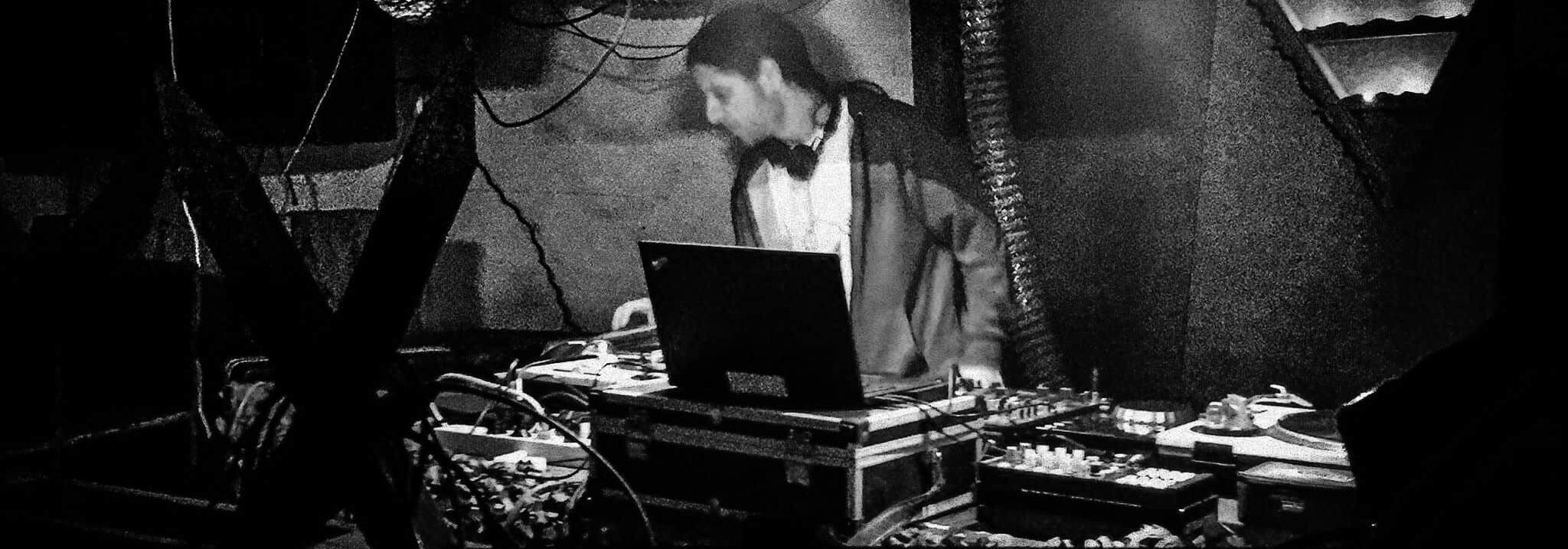“DEHN: From Death Metal to Digital Innovation—Empowering Artists Through We Talk Music Online“
Q1: What was the first moment you realised music would play a major role in your life? Was it a specific event, a song, or something else?
Music has been an escape my whole life. Coming from a home where my parents were not a safe zone, music always was, and that has stayed with me ever since.
Q2: How did you transition from using music as an escape to making it yourself? Was there a defining moment when you decided to create rather than just listen?
Since music was such a big thing in my life, I began collecting vinyl at a very young age, and soon became the go-to person for mixtapes. That escalated when I got an Amiga 500 in 1988 and began making my own music. It was in tracker programs and not very good, haha, but it woke my interest in making my own music.
Q3: From those early days of tracking on the Amiga, how did your production skills evolve? What was the journey like from experimenting to developing your own signature sound?
I actually stopped making music on the Amiga and began singing in a death metal band together with some friends. It was, for the most part, more about drinking alcohol, smoking weed, and jamming the same tune over and over again, but it was damn fun. It was also around that time (1990-1994) that I got to learn a lot more about recording and studio gear. But life took some turns around 1995, and I had a break from music. I came back in 1998 and began making electronic music. Still with death metal as unwilling inspiration, haha. But yeah, my music is still dark, no matter if it’s ambient or faster psytrance.
Q4: When you returned to music in 1998 and began exploring electronic production, what drew you to genres like ambient and psytrance? Was there a specific moment or artist that inspired this shift?
I have always loved deep atmospheric textures and did experiment with it back in the death metal days on some synths and a 4-track Tascam. So it was pretty natural to make ambient/downbeat music. Psytrance came when I tried XTC for the first time. I had heard some of it before, but it wasn’t something I wanted to make. But yeah, XTC and the track Prometheus Process – Clarity From Deep Fog, then off to a rave, and yeah, Static Corn was born.
Q5: From the birth of Static Corn, how did you go on to establish yourself as an artist and eventually take the leap to owning three record labels? Was it a gradual evolution, or did a specific opportunity push you in that direction?
It’s been a journey with many small breaks from music. I never really tried to establish myself or anything. I just love music and can’t live without it, so things just naturally evolved into whatever they have become, haha. But yeah, I’m a bit of a control freak, so having everything done by myself is what keeps me going.
Q6: How does your control-freak nature influence your work as a label owner? Do you find it challenging to delegate tasks, or do you see the labels as extensions of your personal creativity?
*It actually doesn’t influence my work as a label owner. I have always wanted my artists to do their things and go in whatever direction they want. But sure, I’ve got the final say in everything. So yeah, the labels are a part of my vision of how music should be released and consumed. And that naturally got me to do We Talk Music Online.
Q7: Tell me more about We Talk Music Online. What inspired you to start it, and how does it fit into your journey as an artist and label owner?
The main idea actually came from something called Musikplaneten from back in the days. It was a small platform with a profile, and you could upload music and get feedback. Simple and it worked. There were some things back then that made it impossible to run, like server costs, and with no income, it was impossible to keep up. I felt now was the right time to launch a platform made for the artists and give them a united platform they can use for free—a place they can sell their music or use our radio for shows. It’s also a way to connect with new artists for my labels. In the end, it’s all about networking with like-minded people and not drowning in the masses like on Facebook, Instagram, and TikTok.
Q8: How has the response been from artists using the platform so far? Have there been any unexpected benefits or challenges in creating this community?
So far, the response has been great. Artists seem to appreciate a platform that’s dedicated to them. The main challenge, of course, is to get the word out and bring more people on board, but I believe in the vision. It’s still early days, but I’m hopeful.
Final Question: Looking ahead, what are your hopes for the future of both your music and We Talk Music Online? What impact do you hope to make on the music community, and where do you see your journey taking you next?
I hope people will see and understand that We Talk Music Online is made for the users, and it’s the users who create the content, music, and everything else that will make it the best music portal out there. So come join us!


